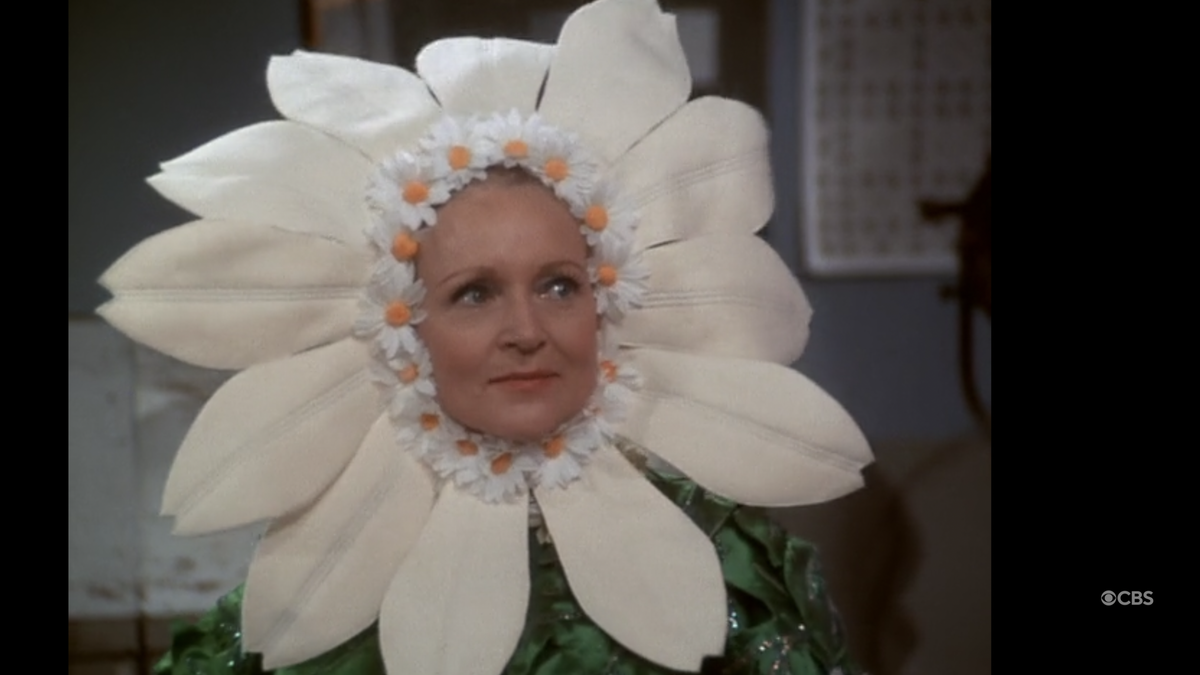
The Golden Girls was trailblazing in its depiction of vital middle-aged women with ambitions and active sex lives, but the show’s creatives never left it there. Though sitcoms had found space to be daring and topical in the ‘70s, the Reagan era had seen a return to more traditional, “wholesome” family shows that avoided broaching sensitive topics outside of an occasional reminder to “just say no” to drugs. The Girls dealt with racism, trauma, addiction, sexual assault, and gay marriage, and did so in ways that (mostly) hold up to modern scrutiny. In 1990, the show was in its fifth season, and HIV/AIDS deaths had never been higher, but the prevailing response was still to see it as a punishment for gays and junkies, and for those who might chance to get too close to them (popular talk show host Rush Limbaugh was then running a recurring “AIDS Update” segment celebrating deaths). Here, Rose learns that she might have been exposed to HIV via a blood transfusion a few years earlier. During the hours while she anxiously awaits the test results, she reveals how many misconceptions she’s internalized, fear pushing past logic. A little tough love from Blanche, and a reminder that her friends have no intention of abandoning her no matter the result, help Rose to understand that “AIDS is not a bad person’s disease.” It might be hard to see the power of that statement twenty years later, but it was something that people needed to hear. Betty White’s terror is brilliantly portrayed, and anyone who’s ever waited for medical test results will be able to relate.
Where to stream: Hulu

Comentarios recientes